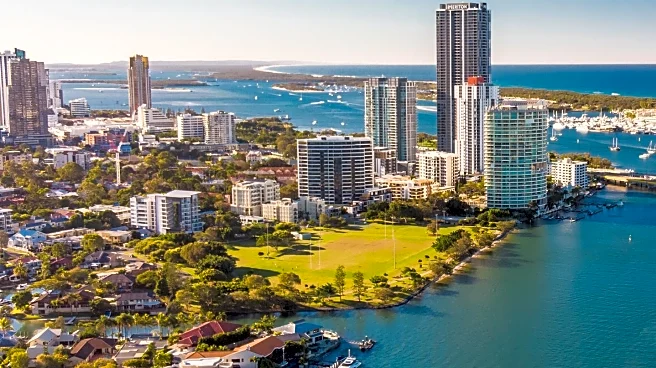What's Happening?
Recreation encompasses activities chosen to refresh the body and mind, making leisure time more enjoyable. Examples include walking, swimming, meditation, reading, playing games, and dancing. These activities are
vital for health promotion and disease prevention, improving physical and mental health, and preventing chronic diseases. Recreation also aids in skills development, contributing to empowerment and inclusive community development. In low-income countries, leisure time is often intertwined with livelihood activities, and formal recreation programs depend on donor funding.
Why It's Important?
Recreation and sports activities play a significant role in improving health and well-being, empowering individuals, and promoting inclusive communities. They offer physical, mental, and social benefits, enhancing quality of life. In low-income areas, recreation can be a means of livelihood, highlighting the need for context-appropriate programs. By fostering social connections and community engagement, recreation contributes to societal development and individual empowerment, making it a crucial element in community planning and health strategies.










